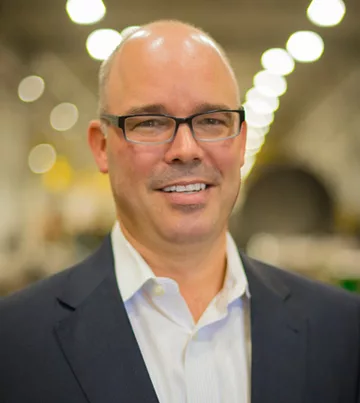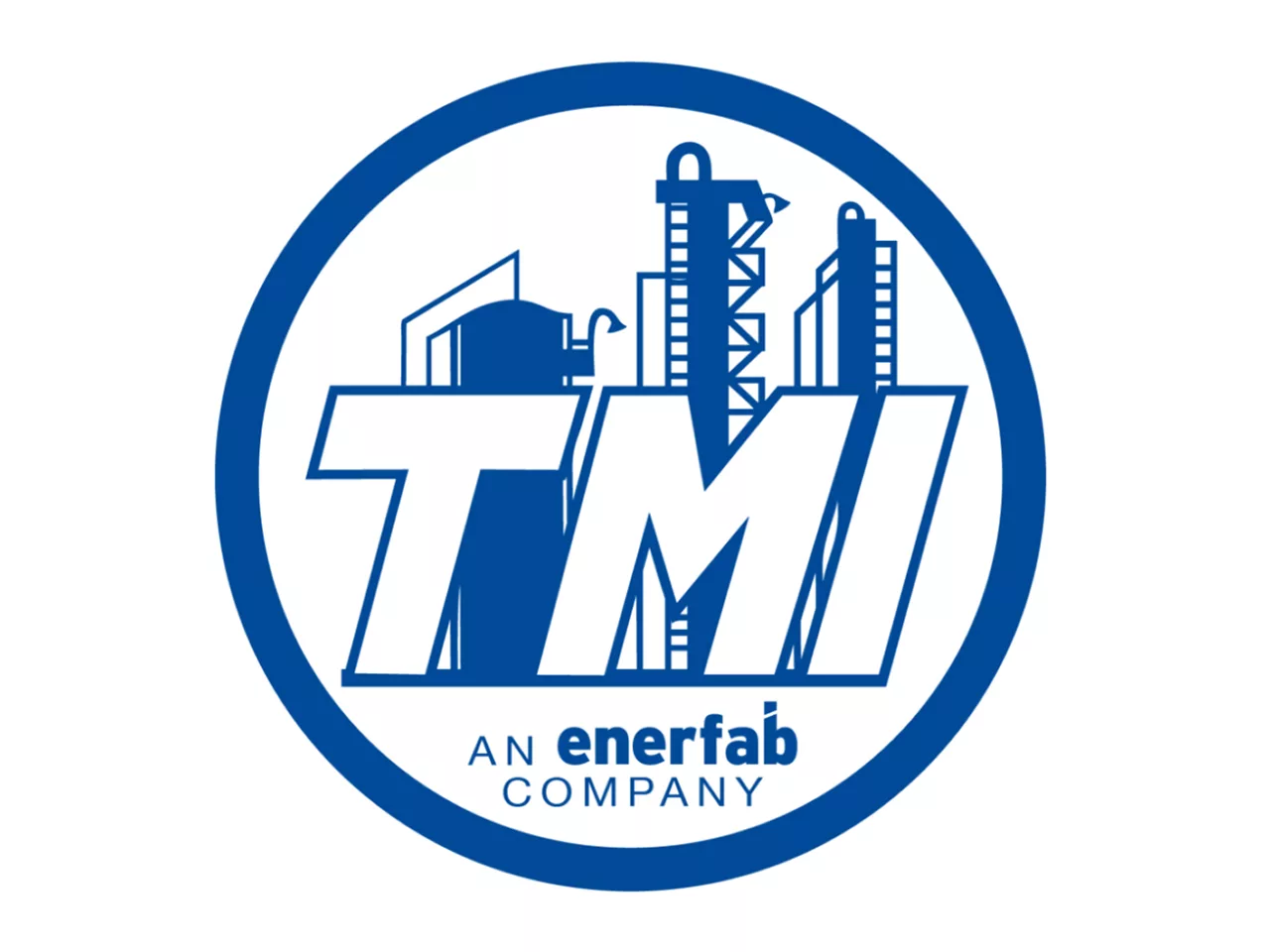Your Future Leaders Work for You
Article by Trisha Cole, Chief Financial Officer
In our industry, there is a lot of talk about a labor shortage — specifically a skilled labor shortage in the trades that we rely upon. But there’s one type of personnel that there’s no shortage of: leaders.
That’s not to say that all of your employees are future leaders. Kim Scott, author of “Radical Candor,” says successful team members can be divided into two categories: Shooting Stars — for whom gaining responsibility is the drive to excel; and Rock Stars — who are motivated to get continuously better at their current position. It’s important to recognize which types of high performers you have and guide them as such.
Since we often promote from within at Enerfab, our leaders must know how to spot and develop future leaders. While the values that we stand for at Enerfab — safety, quality, integrity, community, and grit — are characteristics naturally found in good leaders, not everyone will want to pursue that path or be the right fit for it.
Here are some ways to help foster leadership potential in your team, build a better future, and nurture growth for the business at large:
Push them outside their comfort zone
Sticking with what you’re best at is easy and effective, but we know that people grow best when they have one foot in the familiar and the other in new territory. Pushing emerging leaders outside of the comfort zone fosters growth and helps them become “comfortable with the uncomfortable.” Your potential leaders will thrive in this environment.
Empower them to make decisions … and mistakes
This is important because leaders must act decisively, even if they turn out to be wrong. Letting someone make a mistake and learn from those mistakes reduces the intimidation of decision-making, helps the person build confidence along the way, and teaches the valuable skill that most leaders learn eventually: failing forward.
Scale leadership opportunities
Provide your future leaders with small opportunities at first — run a meeting, lead a project, supervise a small team, and so forth. But don’t stop there. Review with them how their leadership opportunity went, what worked well, and what could be improved.
Celebrate “I don’t know.”
We often think about a leader as the person with all the answers, but in reality, leaders are the ones who ask the best questions. Realizing that you don’t have to know everything and being confident enough to ask are critical to being a good leader. Make sure emerging leaders understand that it’s ok that they don’t always know the answer, and celebrate when they say, “I don’t know, but I’ll find out and get back to you.”
Make the leader match the team
The leader of the team is still a part of that team, and their skills and abilities should complement those of the other team members. A team full of smart people who have trouble communicating may benefit the most from a leader who is skilled at speaking or writing. A team full of assertive types may need an emotionally intelligent or cautious leader to help keep them in check. Recognize the right talent to round out and lead your teams, and then guide future leaders with qualities that complement their teams’ into the right positions. To be effective, leaders need to have a healthy blend of technical and emotional intelligence as well as humility, but they don’t need to be a one-person show.
Start with why
This one should count twice — once for finding leaders who understand the bigger picture behind the business strategy they’re helping shape and implement, and again for finding leaders with the right “why” behind their ambition to be leaders. Leadership is a responsibility, not a privilege. If someone has all the right talent, but the wrong motivation for getting into a leadership position, that person can poison a team from the inside. Find future leaders whose vision and goals match those of your company, and whose motivation to be a leader comes from a desire to help others grow.
About Trisha Cole
Trisha began at Enerfab in 2010 after 7 years in public accounting. Throughout her time at Enerfab, she has served many different financial roles before being named Chief Financial Officer in 2019.
Trisha’s focus is on the overall financial health of the organization while leading the finance, accounting, and tax teams within Enerfab. She also plays an integral role in strategic planning, business technology, and analytics to help drive our business forward.
Trisha holds an undergraduate degree and an MBA in Accounting from Ohio University.




